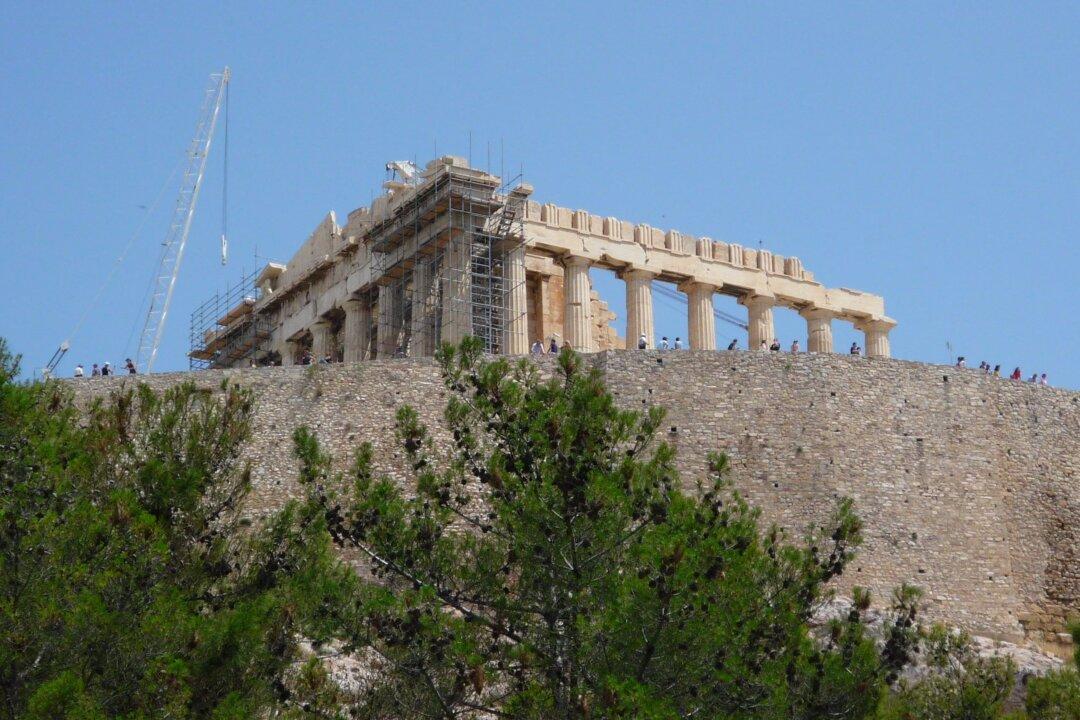The following review is part of RealClear Books and Culture’s symposium on Patrick Deneen’s “Regime Change.”
Patrick Deneen, a political science professor at the University of Notre Dame and the author of 2018’s “Why Liberalism Failed,” takes a radical step forward in his latest book, “Regime Change: Toward a Postliberal Future.” Here, Deneen turns his critique of liberalism into a blueprint for an alternative future.“Why Liberalism Failed” offered a damning indictment of the evolution of the concept of “liberty.” It traced liberty’s journey from its roots in Ancient Greek and early Christian political philosophy—where it was associated with the cultivation of virtue and self-restraint—to its modern incarnation in classical liberalism, which prioritizes personal freedom from oppressive power or customs. Reminiscent of Leo Strauss’ contrasting analysis of “Classic Natural Right” and “Modern Natural Right” in “Natural Right and History,” the ancient conception of liberty is championed by Deneen. The modern conception, in Deneen’s view, spawned societal pathologies that the modern liberal framework cannot solve. His proposed solution in “Why Liberalism Failed” was to lean into the creation of a counterculture that would stand in defiance of this dominant paradigm, a sentiment resonating with the likes of Rod Dreher’s “Benedict Option” strain of community-based Christianity, a self-contained and intentional microcosm that can survive the horrors of another dark age, forest passage, or whichever metaphor believers wish to use to conceptualize these putatively benighted times.

